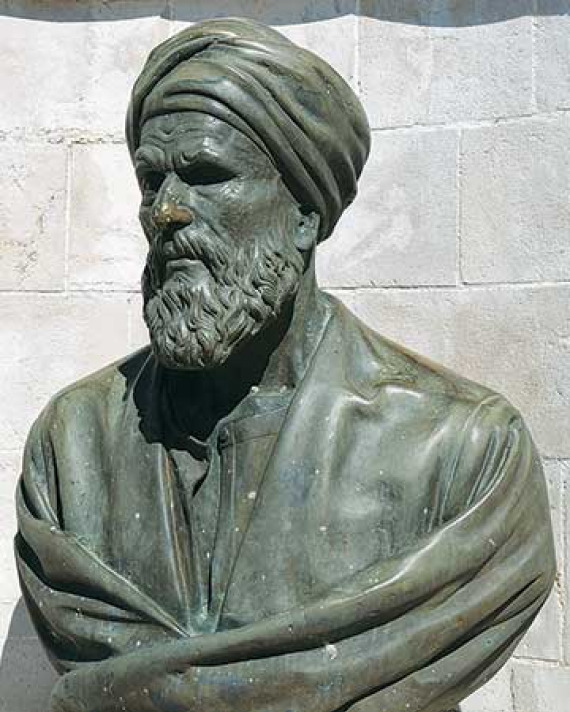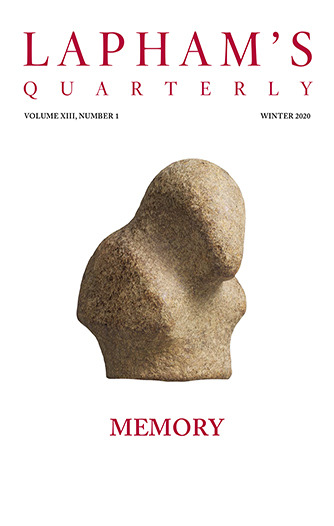
Konevi / Shutterstock
Al-Maarri
(973 - 1057)
Born in Maarrat al-Numan, al-Maarri lost his eyesight to smallpox at the age of four, a disability that was said to have been offset by a prodigious memory. He studied poetry in Aleppo and moved in literary circles in Baghdad before returning home when his mother took ill. After her death he led an ascetic life of solitude. His Epistle of Forgiveness, in which the poet Ibn al-Qari, a contemporary of al-Maarri’s, encounters famous historical figures in heaven and hell, is notable for prefiguring Dante’s Divine Comedy by three centuries. In 2013 Islamist militants decapitated a statue of the poet in northwest Syria sculpted by Fathi Mohammed in the 1940s.
